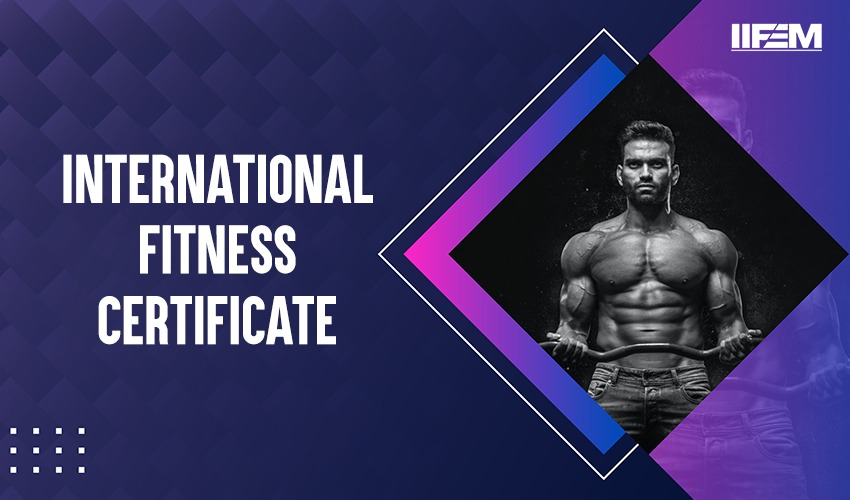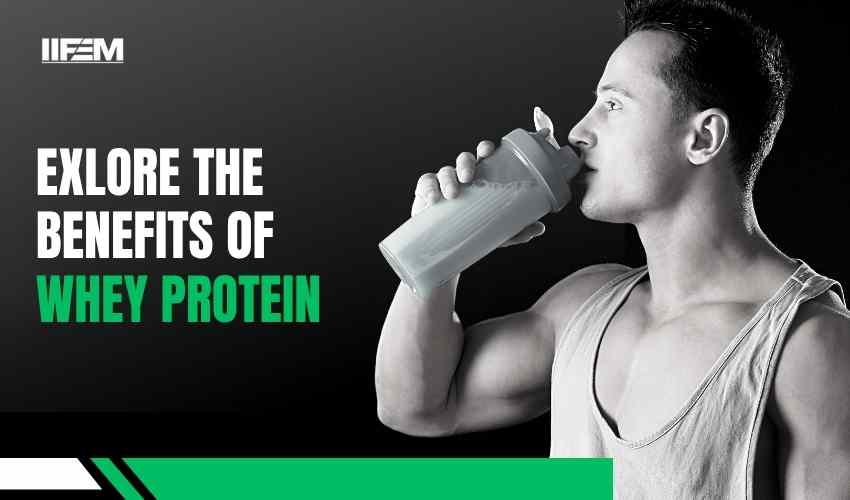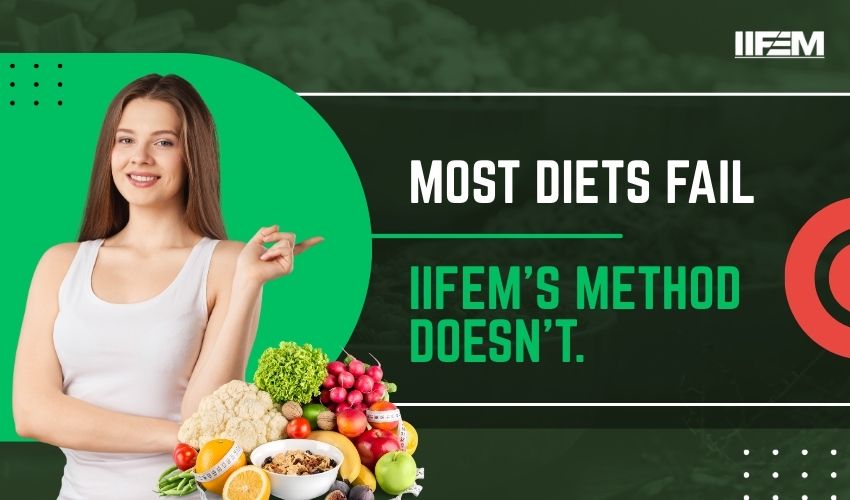
How to Track Your Calories and Nutrients for Better Health
Staying on top of what you eat isn't just about watching your weight—it's about understanding your body better. Knowing how to track your calories and nutrients helps you make smarter food choices, boosts energy levels, and supports long-term well-being. Whether you're working toward fat loss, muscle gain, or simply a balanced life, effective tracking is one of the best tools you can use.
Why Tracking Food Intake Matters
Keeping an eye on your food intake gives you control over your health goals. Many people assume they’re eating right, but misjudging portion sizes or underestimating calories is common. Consistent monitoring provides a clearer picture of your habits, highlighting where you might be overdoing or missing out. For anyone interested in diet management or better eating patterns, tracking is a foundational step toward change.
Understanding Calories and Nutrients
Calories fuel your body, while nutrients support its function. It’s not just about how much you eat but what you eat. Carbohydrates, proteins, and fats all serve different roles. Likewise, micronutrients like vitamins and minerals play important parts in immunity, muscle repair, and energy conversion. Focusing on both calorie management and nutrient intake ensures you're not only eating the right amount but also feeding your body with what it actually needs.
Methods You Can Use to Track Your Intake
Tracking your food intake is an essential step in managing your health, and there are several methods to choose from. Traditional approaches, such as food journals, allow for a more mindful approach, helping you become aware of your eating habits. For greater accuracy and convenience, digital tools can assist by scanning barcodes and estimating serving sizes, providing quick nutrient and calorie breakdowns. These tools help you stay on track without the guesswork.
Setting Goals Based on Your Needs
Before you begin logging every meal, it helps to set a target. Are you aiming for fat loss, muscle gain, or weight maintenance? This will determine your calorie and macronutrient needs. Many dietary plans for weight loss focus on a calorie deficit, while those building muscle may need a surplus with higher protein intake. Once your goals are clear, you can personalize your tracking to align with your plan, ensuring better adherence and visible progress.
Common Mistakes to Avoid
People often make small tracking errors that can lead to big results over time. Guessing portion sizes, forgetting snacks, or not accounting for sauces and oils can easily skew your numbers. It’s also easy to focus only on calories and ignore nutritional quality. A meal may fit your calorie target but still lack essential nutrients. Avoid these issues by measuring food when possible and aiming for meals rich in fiber, healthy fats, and clean protein.
Example of Daily Tracking Breakdown
Here’s a sample breakdown to show how a balanced daily log might look:
|
Meal |
Calories |
Carbs (g) |
Protein (g) |
Fats (g) |
|
Breakfast |
350 |
40 |
20 |
12 |
|
Lunch |
600 |
50 |
35 |
25 |
|
Snack |
200 |
20 |
10 |
8 |
|
Dinner |
550 |
45 |
30 |
20 |
|
Total |
1700 |
155 |
95 |
65 |
This type of daily summary can help you manage your meals while keeping track of your nutrient distribution.
Staying Consistent and Flexible
Tracking shouldn't feel like a punishment. It’s meant to bring awareness, not stress. Allow flexibility within your routine to stay motivated. A strict approach can be tough to maintain long-term, but a balanced one creates habits that stick. Calorie management doesn’t have to mean deprivation—it means making informed choices, even when indulging occasionally.
How IIFEM Can Support Your Journey
IIFEM (International Institute of Fitness Excellence and Management) offers a range of expert-led courses to guide individuals in taking control of their health and fitness. Programs like the Diet management specialist program, Advanced nutrition and supplementation course, Immunity boosting ptogram, and Sports supplements and nutritionist course are designed to provide practical, science-backed knowledge on diet management, nutrition, and performance.
These courses equip learners with the skills to create personalized dietary plans for weight loss, improve overall health, and boost athletic performance. With a focus on real-world applications, IIFEM ensures that students gain the tools necessary for long-term wellness and success in their fitness journey.
Faqs
1. Why is tracking calories and nutrients important for health?
Tracking food intake helps you understand your eating habits, manage weight, improve energy, and ensure your body gets the right balance of macronutrients and micronutrients.
2. What’s the best method to track calories and nutrients?
You can use food journals for mindful tracking or digital apps that scan barcodes, estimate serving sizes and calculate nutrient breakdowns for greater accuracy and convenience.
3. How do I set calorie and nutrient goals?
Start by defining your goal, fat loss, muscle gain or maintenance. Then calculate your required calories and macronutrient distribution based on activity levels, age and body composition.
4. What are common mistakes when tracking food intake?
Mistakes include guessing portions, skipping snacks, ignoring sauces/oils and focusing only on calories while neglecting nutritional quality. Measuring food and tracking all meals helps avoid errors.
5. Can tracking calories and nutrients improve fitness results?
Yes. Consistent tracking allows you to monitor progress, adjust your diet and ensure adequate protein, carbs, fats and micronutrients for performance, recovery and overall health.
Category
Recent Blog

Why is insulin neede... Read more
July 05,2023
10 Tips for Strength... Read more
August 14,2023
Sample Strength and ... Read more
September 06,2023
Why are some lifters... Read more
September 15,2023
Why do Barbells and ... Read more
September 22,2023
Secret Routine to Bu... Read more
September 26,2023
When to use Insulin,... Read more
September 28,2023
Why lifters should u... Read more
September 29,2023
What is power traini... Read more
October 09,2023
The Future of Fitnes... Read more
October 17,2023
Why Pursue a Fitness... Read more
October 21,2023
Career Paths for Cer... Read more
October 31,2023
Elevating Your Perso... Read more
November 21,2023
Gym Safety Correctiv... Read more
December 26,2023
5 Different Types of... Read more
December 27,2023
Elevate Your Fitness... Read more
December 28,2023
Embark on Your Fitne... Read more
January 24,2024
Mastering Nutrition ... Read more
January 24,2024
Building Strength wi... Read more
January 27,2024
Boost Your Career: B... Read more
January 27,2024
7 main reasons why y... Read more
February 15,2024
Unlocking Essential ... Read more
February 19,2024
Unlock Your Fitness ... Read more
February 20,2024
Unveiling the Path t... Read more
February 28,2024
How to choose the ri... Read more
February 29,2024
Strengthening Weak S... Read more
March 20,2024
How a Fat Loss and E... Read more
March 27,2024
Transformative Insig... Read more
March 27,2024
The Importance of a ... Read more
April 10,2024
Mastering the Art of... Read more
April 22,2024
Unlocking Your Caree... Read more
April 23,2024
The Evolution of Per... Read more
May 27,2024
Elevate Your Fitness... Read more
May 28,2024
Choosing the Right P... Read more
June 25,2024
Role of Protein in F... Read more
June 26,2024
Career Opportunities... Read more
June 27,2024
How Fitness Certific... Read more
July 29,2024
Building a Successfu... Read more
July 30,2024
Qualities to Look fo... Read more
August 21,2024
How Gym Trainer Cert... Read more
August 28,2024
How Fitness Trainer ... Read more
September 20,2024
The Role of a Person... Read more
September 23,2024
Immunity Boosting Pl... Read more
October 17,2024
How Fitness Trainers... Read more
October 22,2024
Transform Your Fitne... Read more
October 28,2024
Certified vs. Uncert... Read more
November 22,2024
The Role of Nutritio... Read more
November 25,2024
The Importance of Co... Read more
December 28,2024
5 Powerlifting Train... Read more
December 28,2024
How Personal Trainer... Read more
January 24,2025
Essential Online Nut... Read more
January 25,2025
How Personal Trainer... Read more
January 27,2025
5 Immunity-Boosting ... Read more
March 01,2025
What to Look for in ... Read more
March 01,2025
The Impact of a Pers... Read more
March 27,2025
The Benefits of Beco... Read more
March 28,2025
How to Choose the Ri... Read more
April 24,2025
Turbo Test: Unlockin... Read more
April 25,2025
How to Build a Perfe... Read more
April 29,2025
10 Powerful Yoga Asa... Read more
May 24,2025
Fast-Track Your Fitn... Read more
May 28,2025
Top Career Paths You... Read more
May 29,2025
10 Reasons to Enroll... Read more
June 23,2025
How to Turn Your Pas... Read more
June 28,2025
Trainer vs Coach Wha... Read more
June 30,2025
How IIFEM Plans to C... Read more
July 01,2025
Go Global with IIFEM... Read more
July 11,2025
How to Avoid the Top... Read more
July 22,2025
No English No Proble... Read more
July 25,2025
How Education Can El... Read more
August 19,2025
Real Stories from II... Read more
August 20,2025
Why Gym Owners Prefe... Read more
August 26,2025
How Science Based Tr... Read more
August 31,2025
Why an International... Read more
September 10,2025
What Makes IIFEM the... Read more
September 15,2025
How to Build a Succe... Read more
September 22,2025
Your Passion and Our... Read more
September 27,2025
Fat Loss & Endurance... Read more
October 16,2025
Benefits of Whey Pro... Read more
October 21,2025
Strength and Conditi... Read more
October 27,2025
From Trainer to Gym ... Read more
October 29,2025
Powerlifting Trainin... Read more
November 12,2025
Pre-Workout vs Post-... Read more
November 17,2025
Building a Hybrid Fi... Read more
November 19,2025
Why Most Weight Loss... Read more
November 21,2025
Why Great Coaches Do... Read more
December 18,2025
Integrating Yoga for... Read more
December 18,2025
From Fitness Coach t... Read more
December 18,2025
Personal Trainers Sa... Read more
January 16,2026
Diploma in Gym Manag... Read more
January 16,2026



